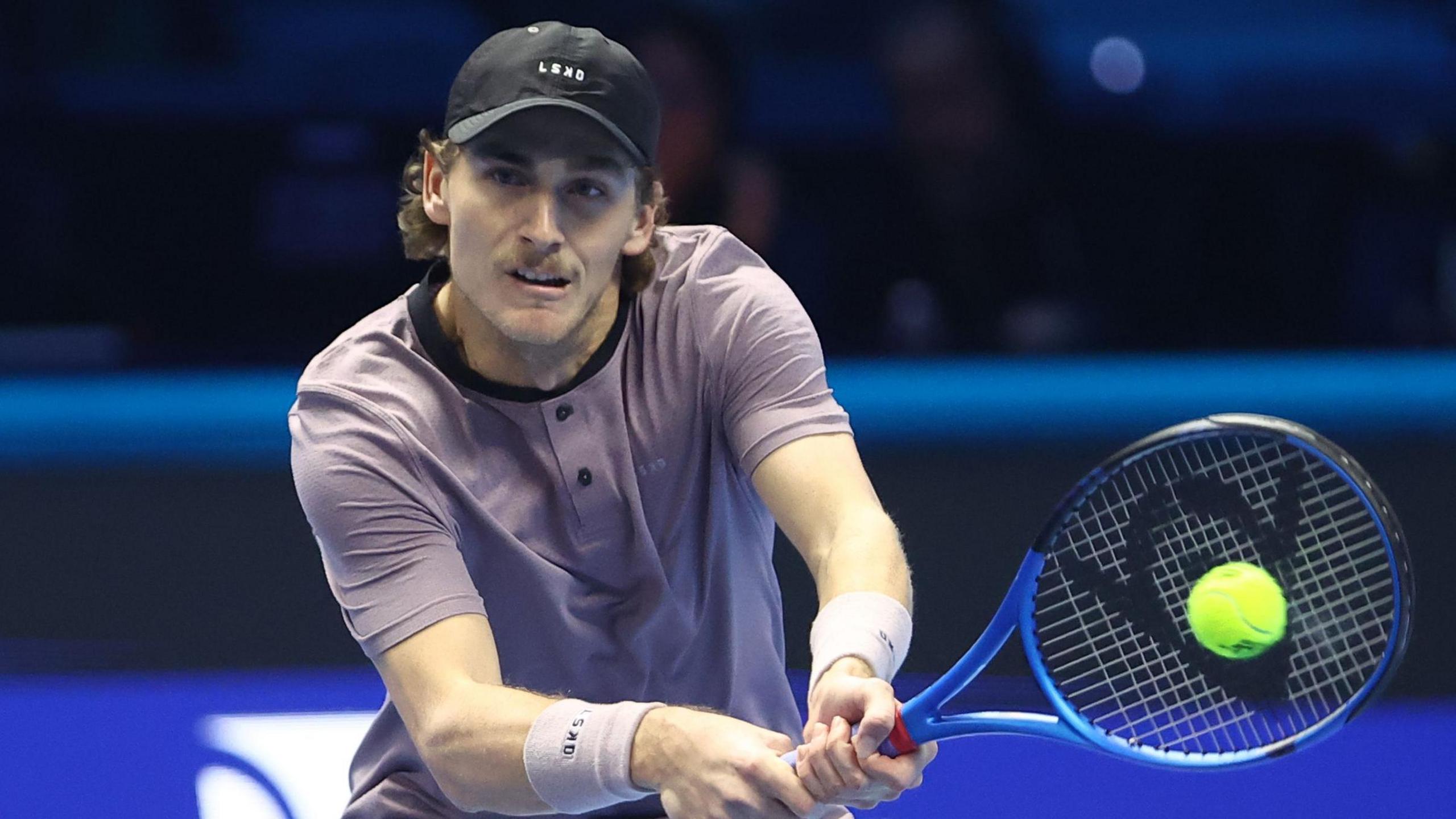Australian Max Purcell, the two-time Grand Slam doubles champion, has accepted an 18-month ban for breaking anti-doping regulations, which he claimed had seriously impacted my quality of life.
Purcell admitted to receiving “a prohibited method” by receiving “over 500ml” of vitamins in intravenous infusions on December 16 and 20, as required by the provisional suspension in December 2024.
The 27-year-old, who won major titles at Wimbledon in 2022 and the US Open in 2024, did not test positive for a substance that was prohibited.
The International Tennis Integrity Agency (ITIA) stated that “the limit under the World Anti-Doping Code and TADP is 100ml in a 12-hour period.”
Purcell acknowledged the breaches following a thorough investigation by the ITIA, which included gathering evidence and conducting interviews with the player, according to a statement.
The player’s full cooperation and sharing of information with the ITIA resulted in a 25% reduction in sanction.
After considering the amount of time he has already served, Purcell’s ban will come to an end on June 11, 2026.
In a social media post, Purcell wrote that he is “grateful this is finally over for me” and that I can move on with my life.
He continued, “This case has been going on for months, seriously affecting my quality of life.
“From refusing to be by myself, to being unable to sleep and eat properly, to becoming anxious and anxious, which I still battle daily.
Without the thought of the case and the limitless possibilities of what punishment I would receive, I couldn’t sit and enjoy anything.
“I only worked with the ITIA with co-operation.”
Purcell will forfeit all results and prize money received between the time of his initial anti-doping rule violation, which occurred on December 16, 2023, and his first subsequent negative doping control sample, which was provided on February 3, 2024.
The anti-doping regulations are much more expansive than that, according to ITIA CEO Karen Moorhouse, demonstrating that in this case, a player does not test positive for a prohibited substance.
It also demonstrates how the ITIA evaluates information from a variety of sources with the overarching goal of ensuring that everyone is protected by tennis anti-doping regulations.
Iga Swiatek, a five-time women’s singles Grand Slam champion, was given a one-month ban after testing positive for a banned substance, in what is the most recent anti-doping controversy in tennis.
Jannik Sinner, the world’s top male player, agreed to a three-month ban from tennis after settling with the World Anti-Doping Agency after his two positive drug tests in the last year.
related subjects
- Tennis
Source: BBC

Leave a Reply